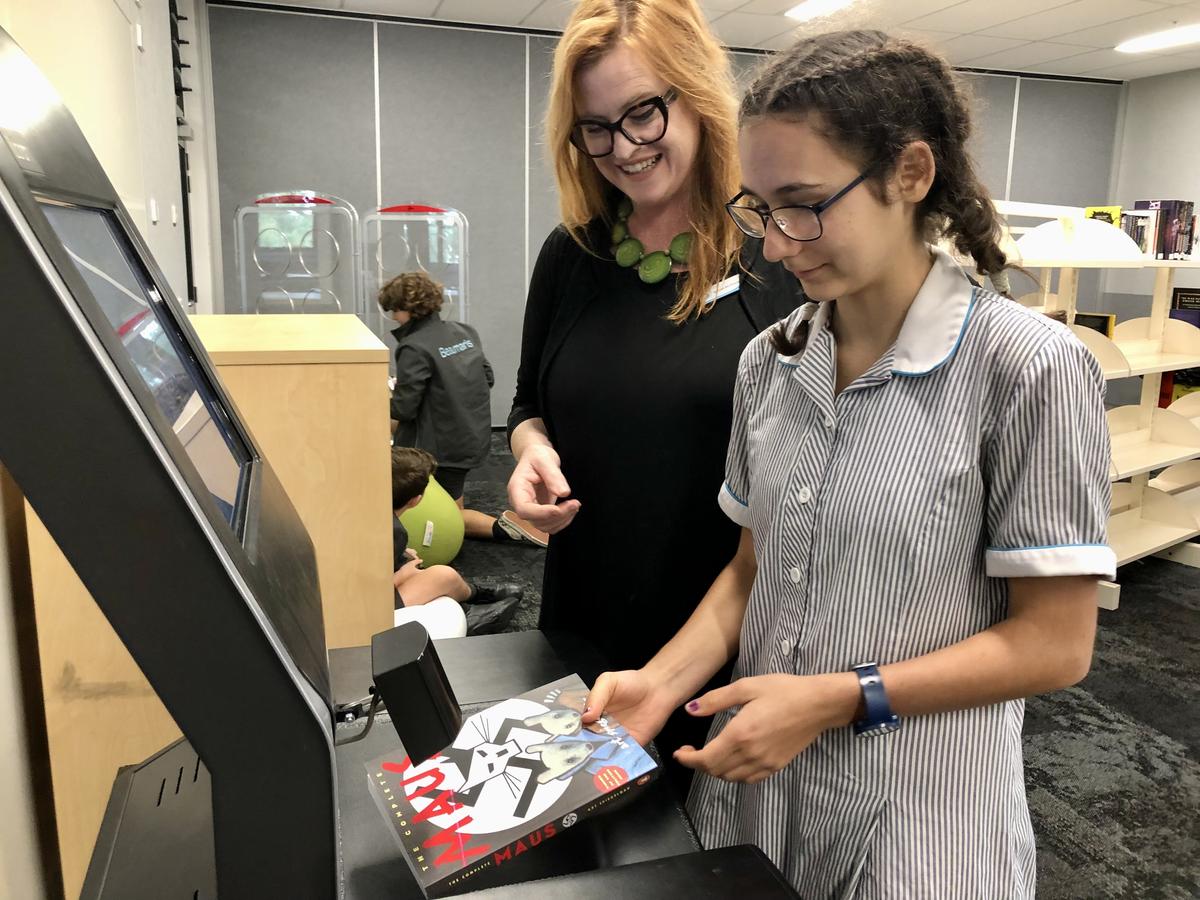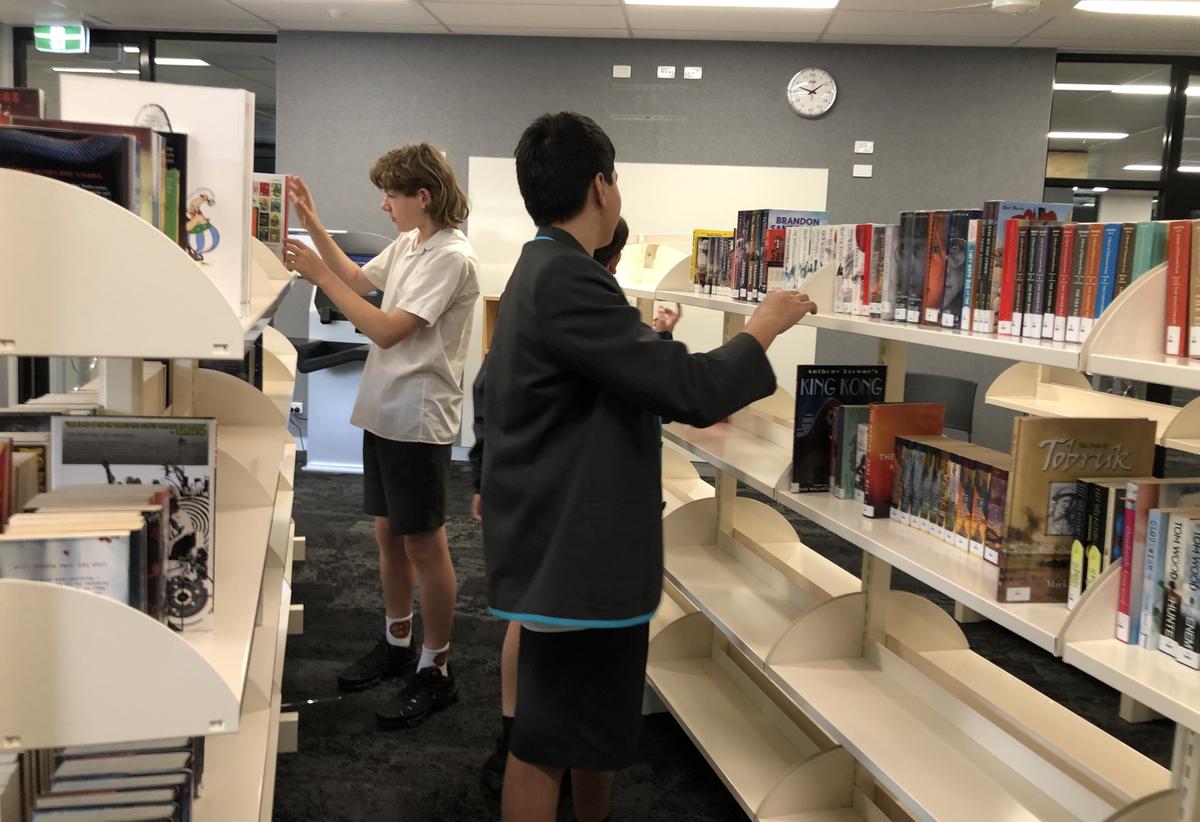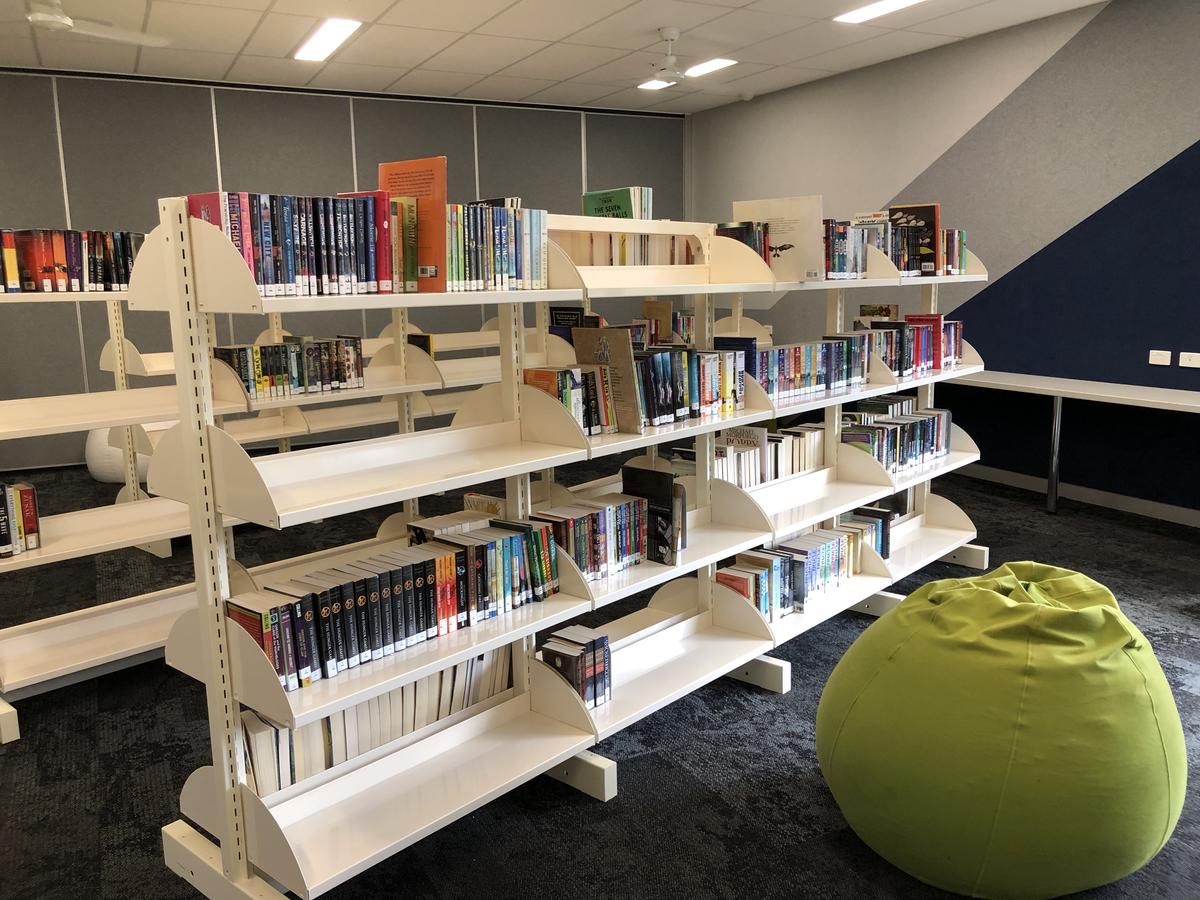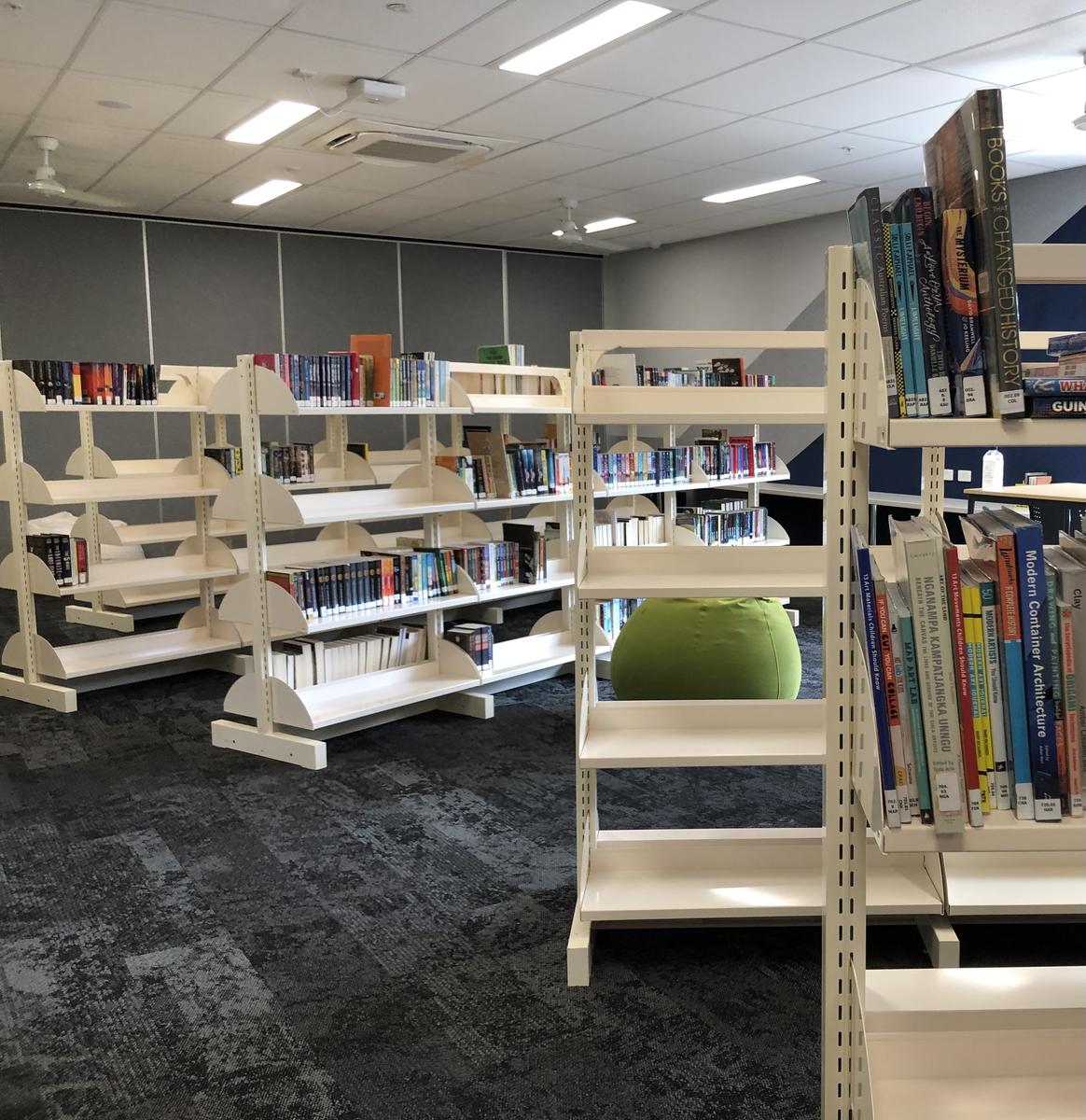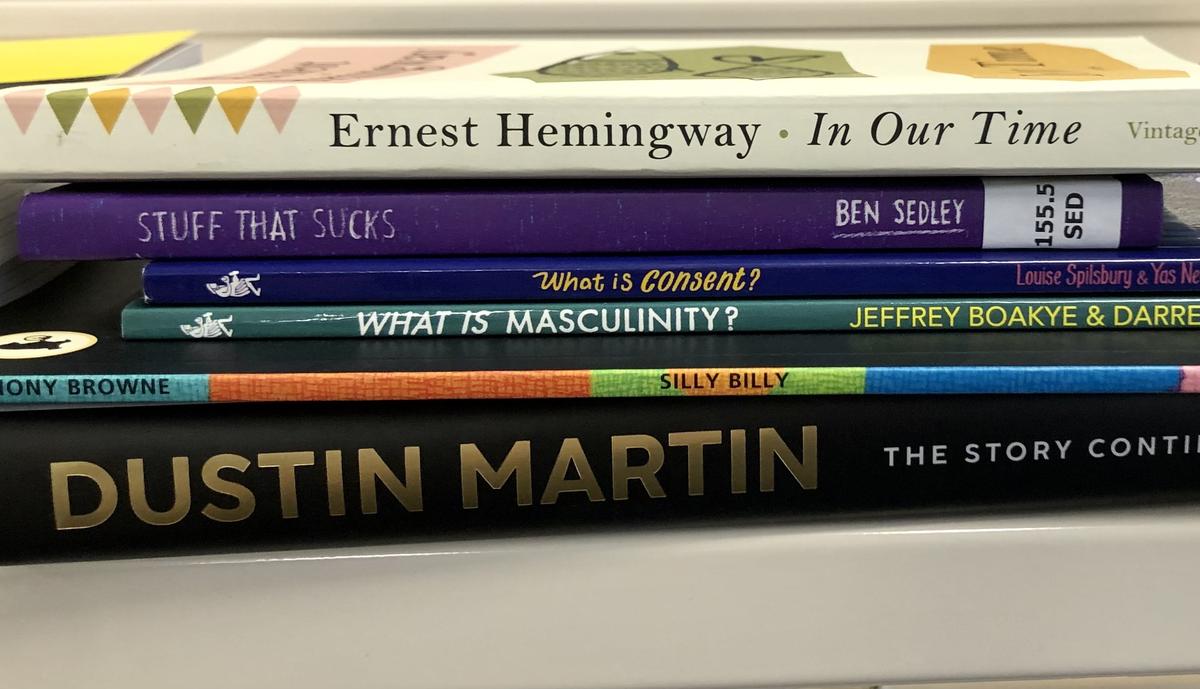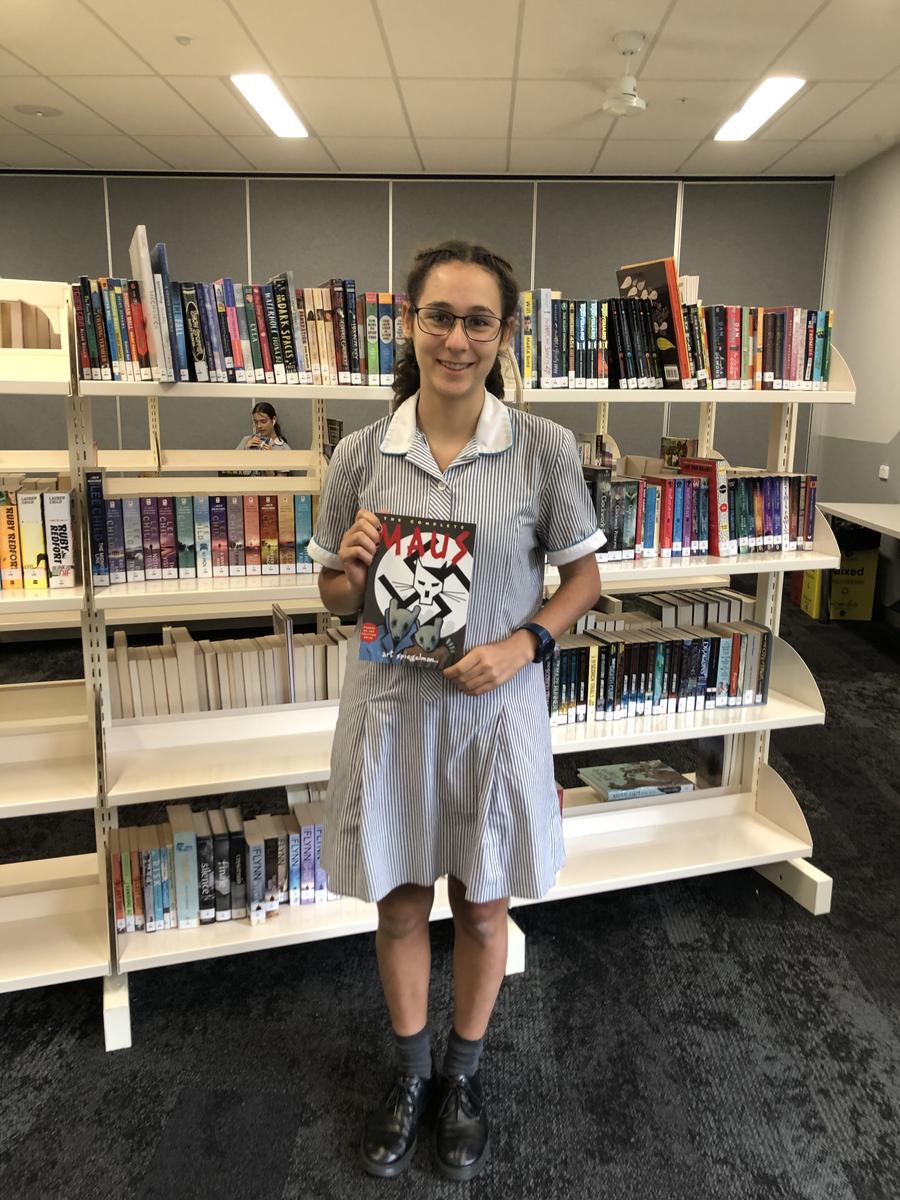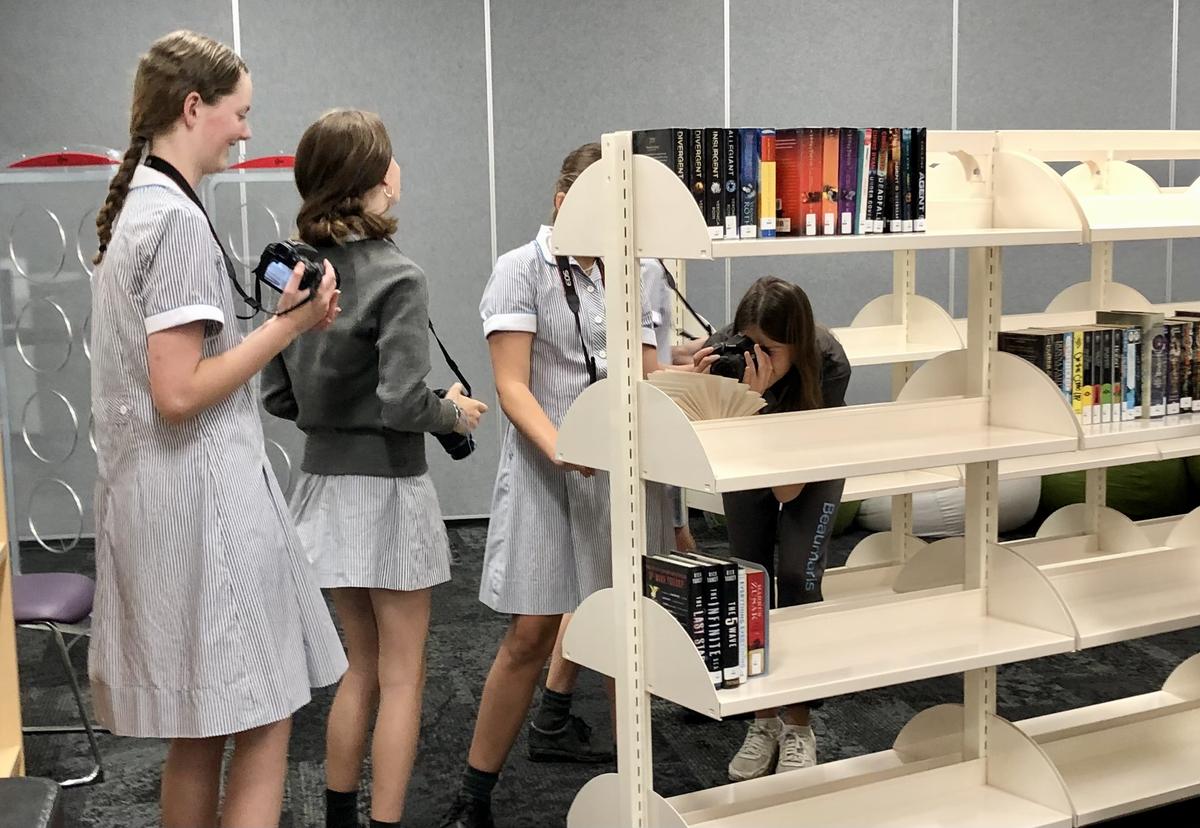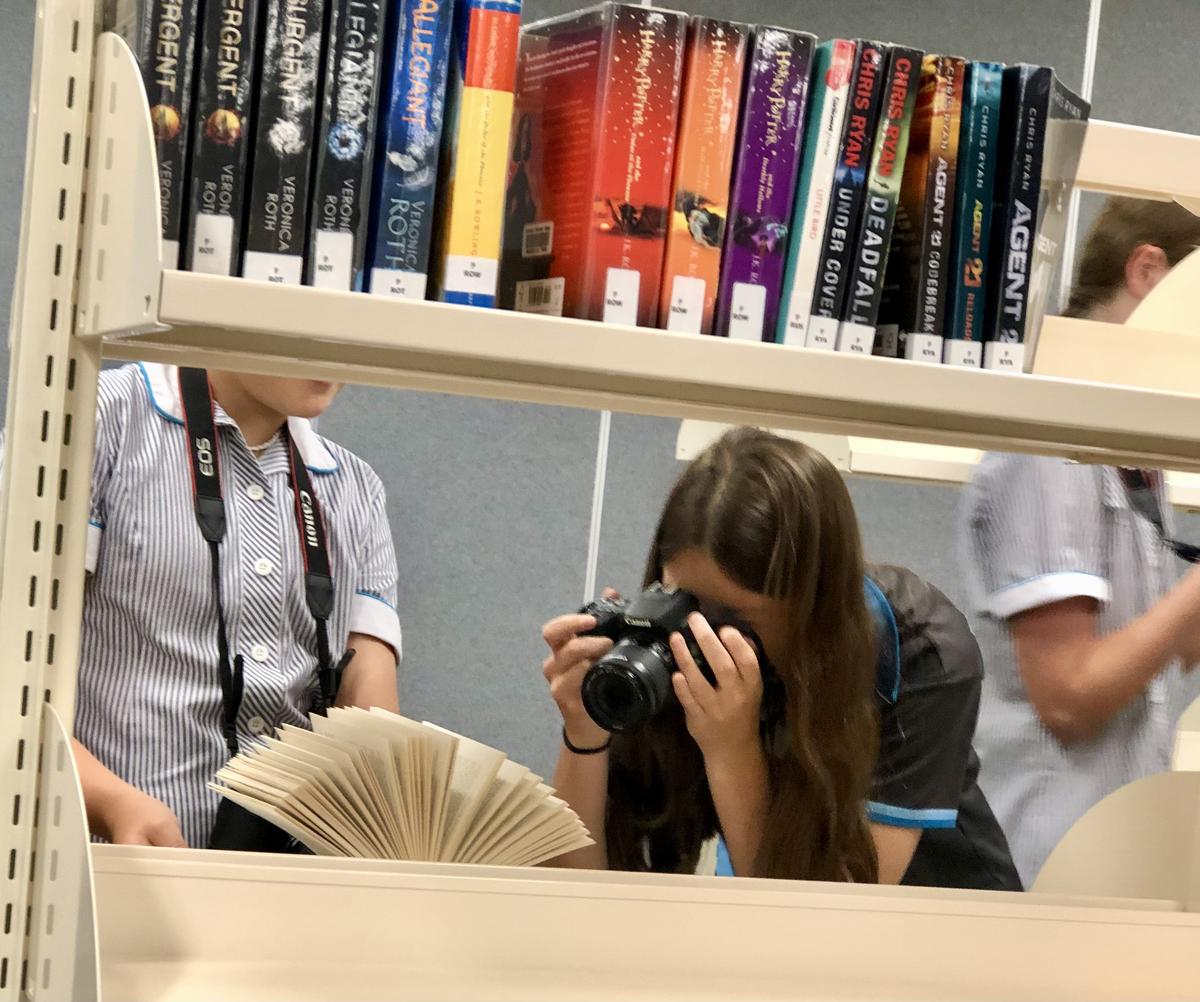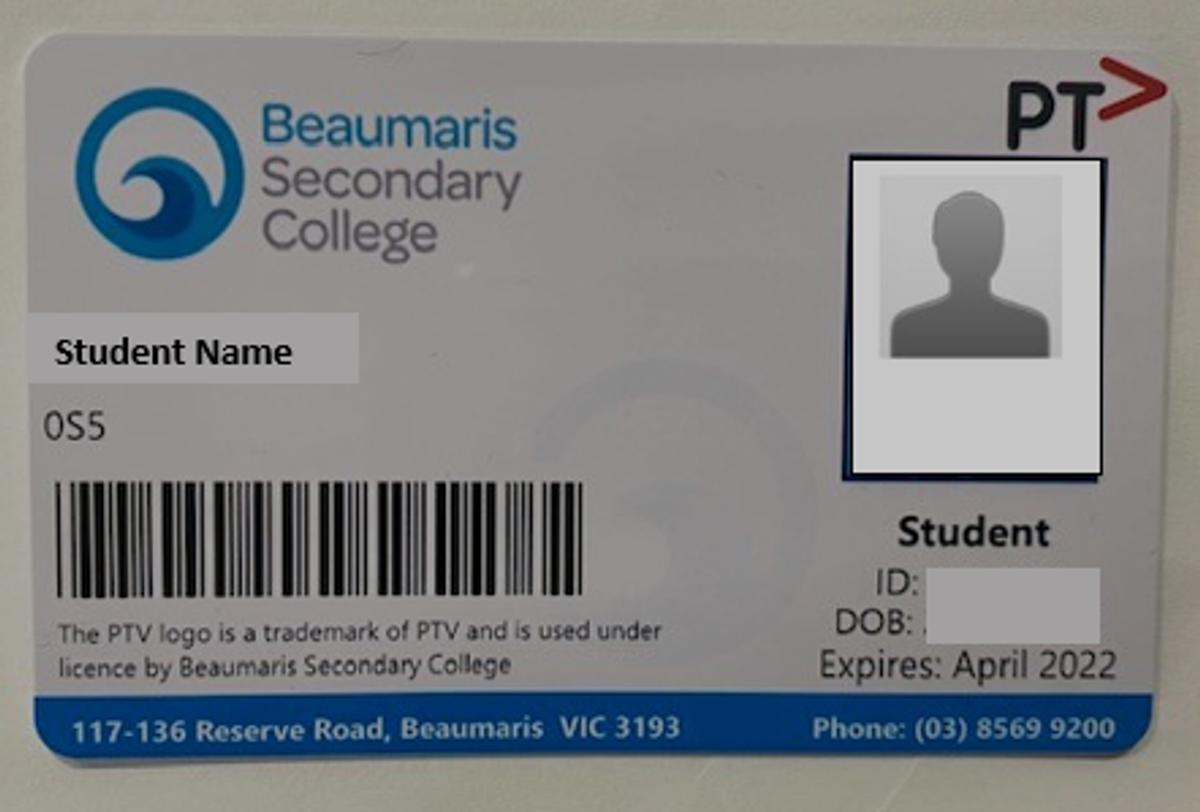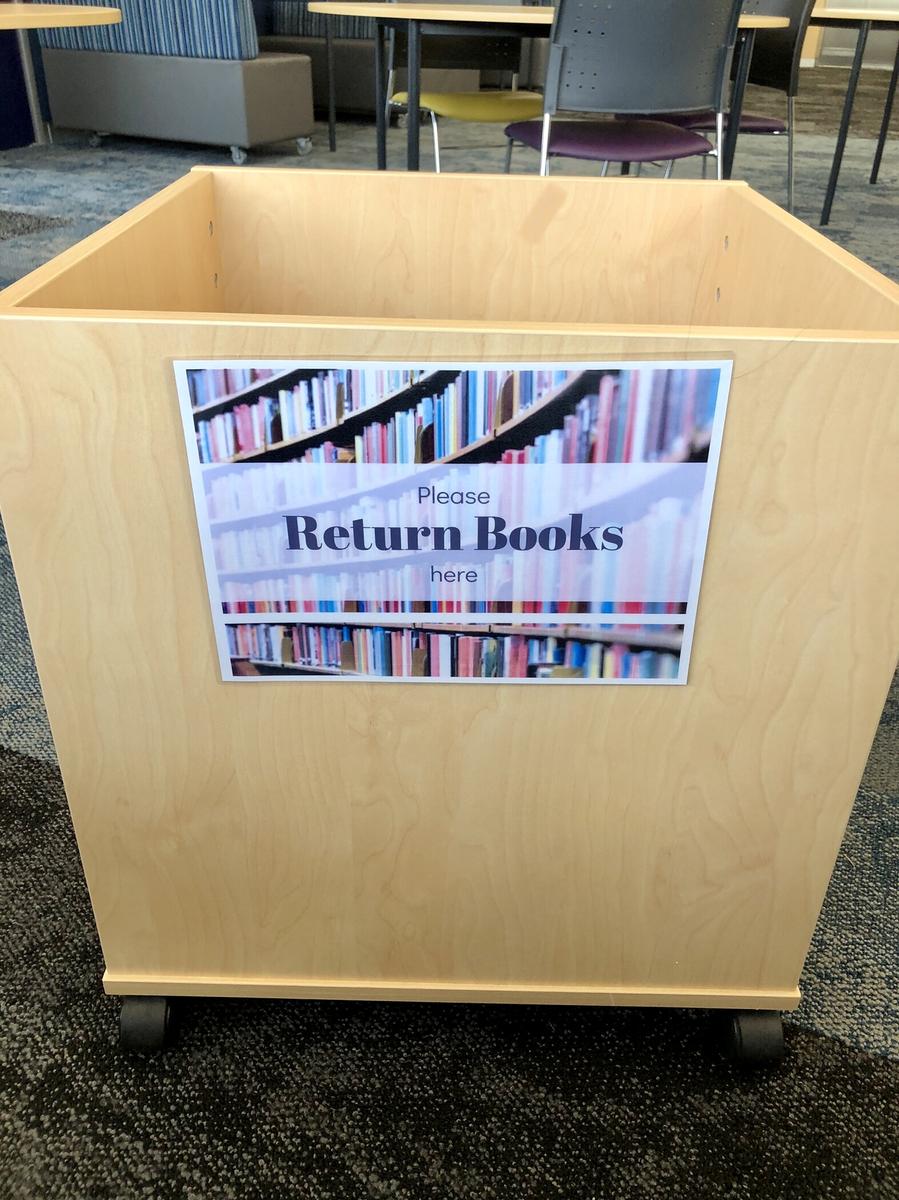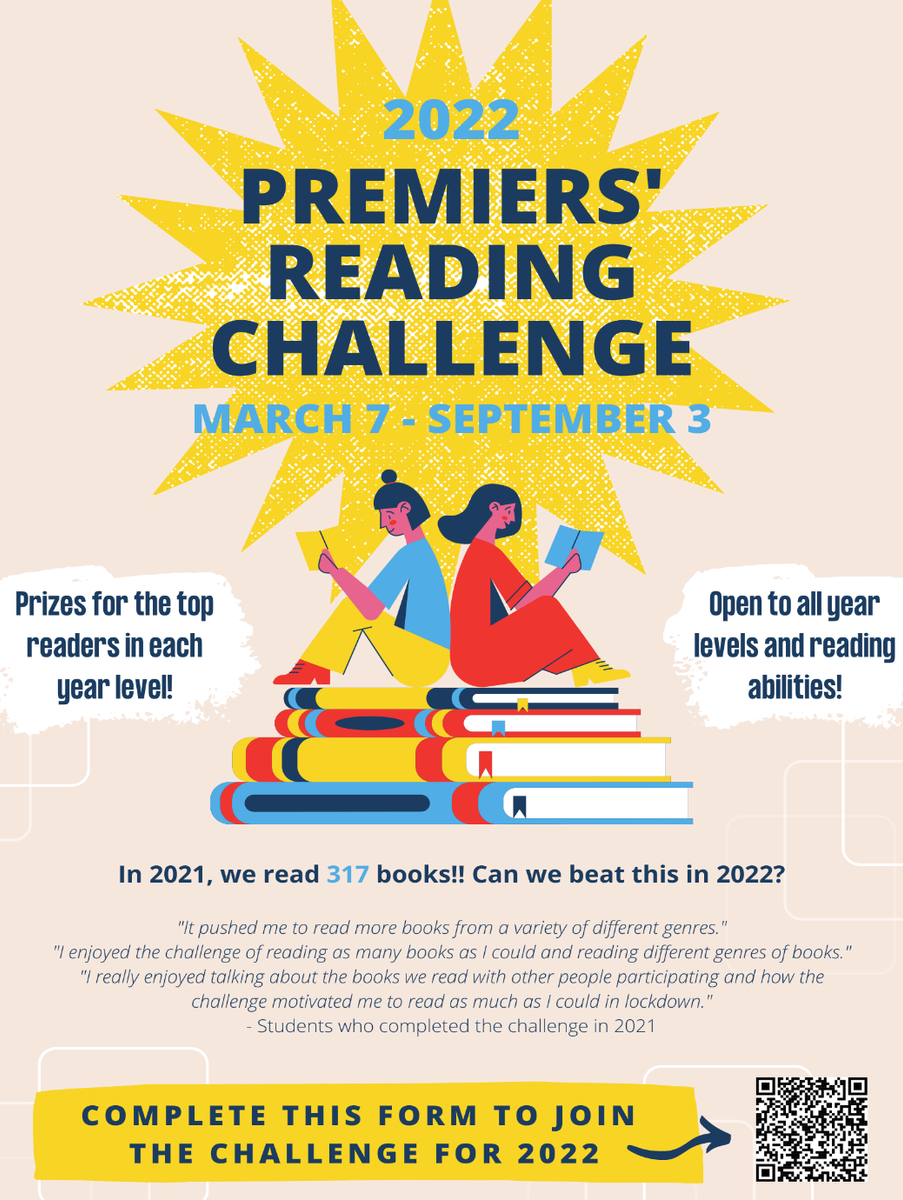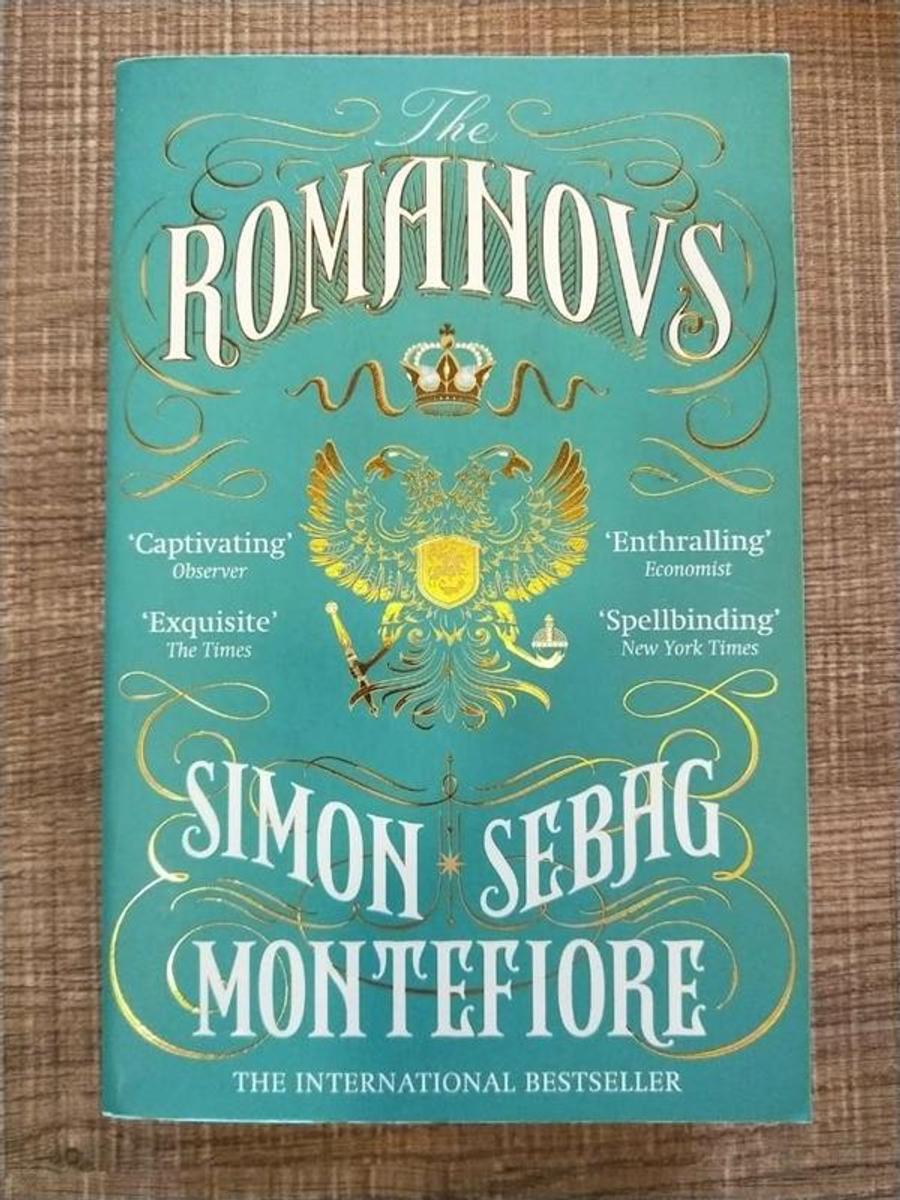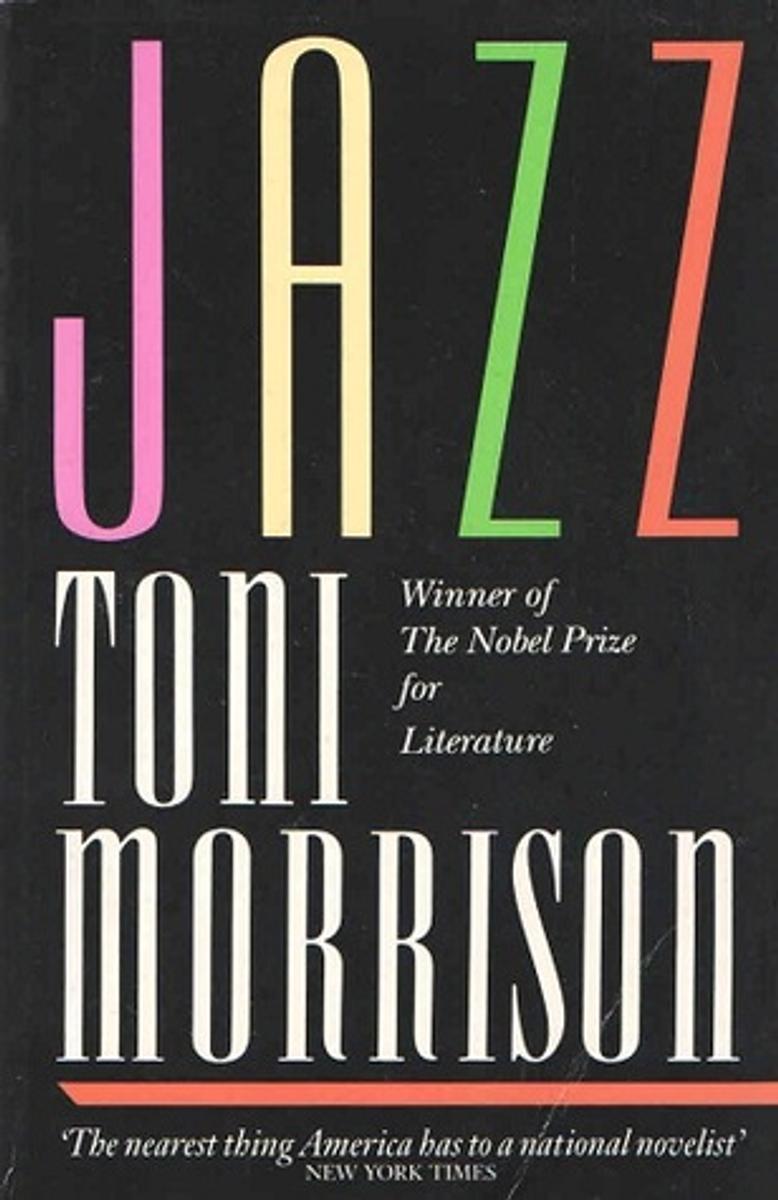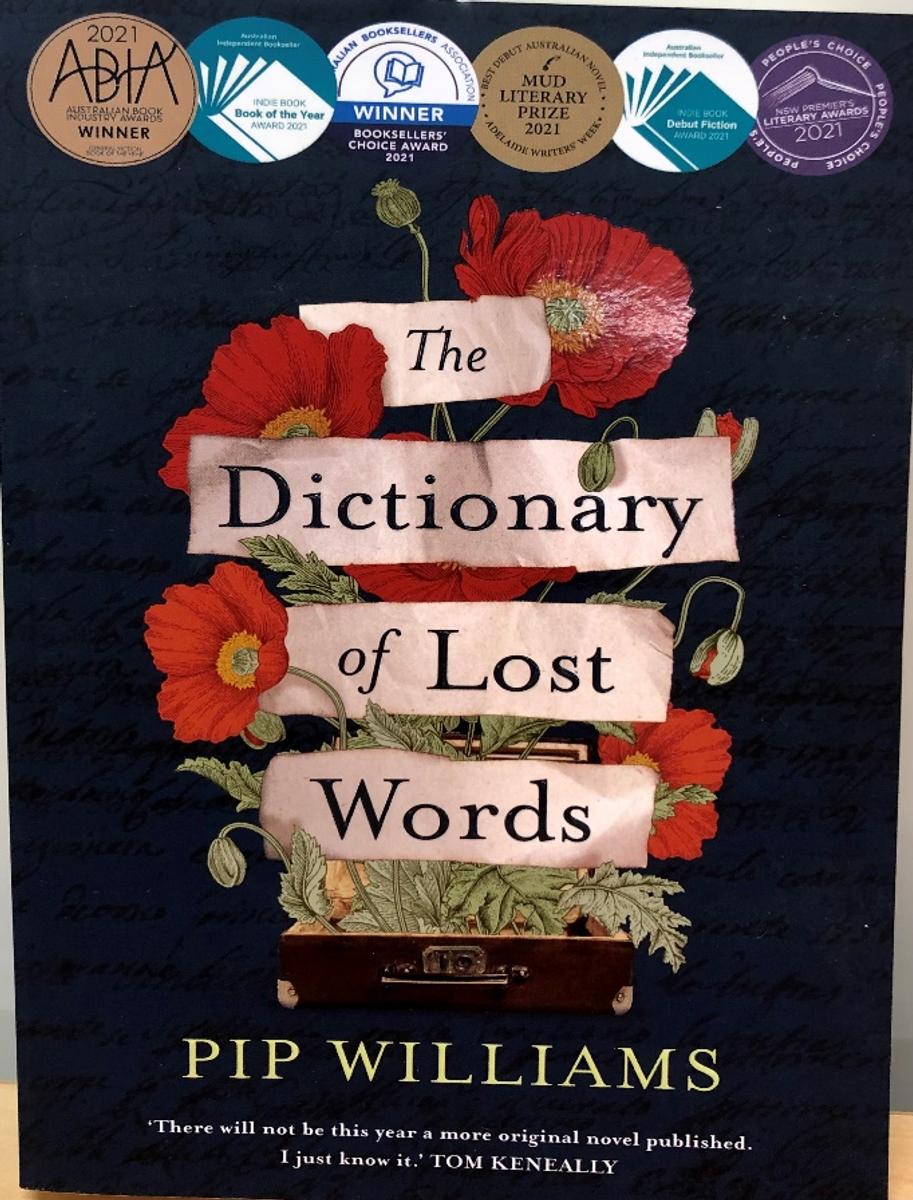Library News
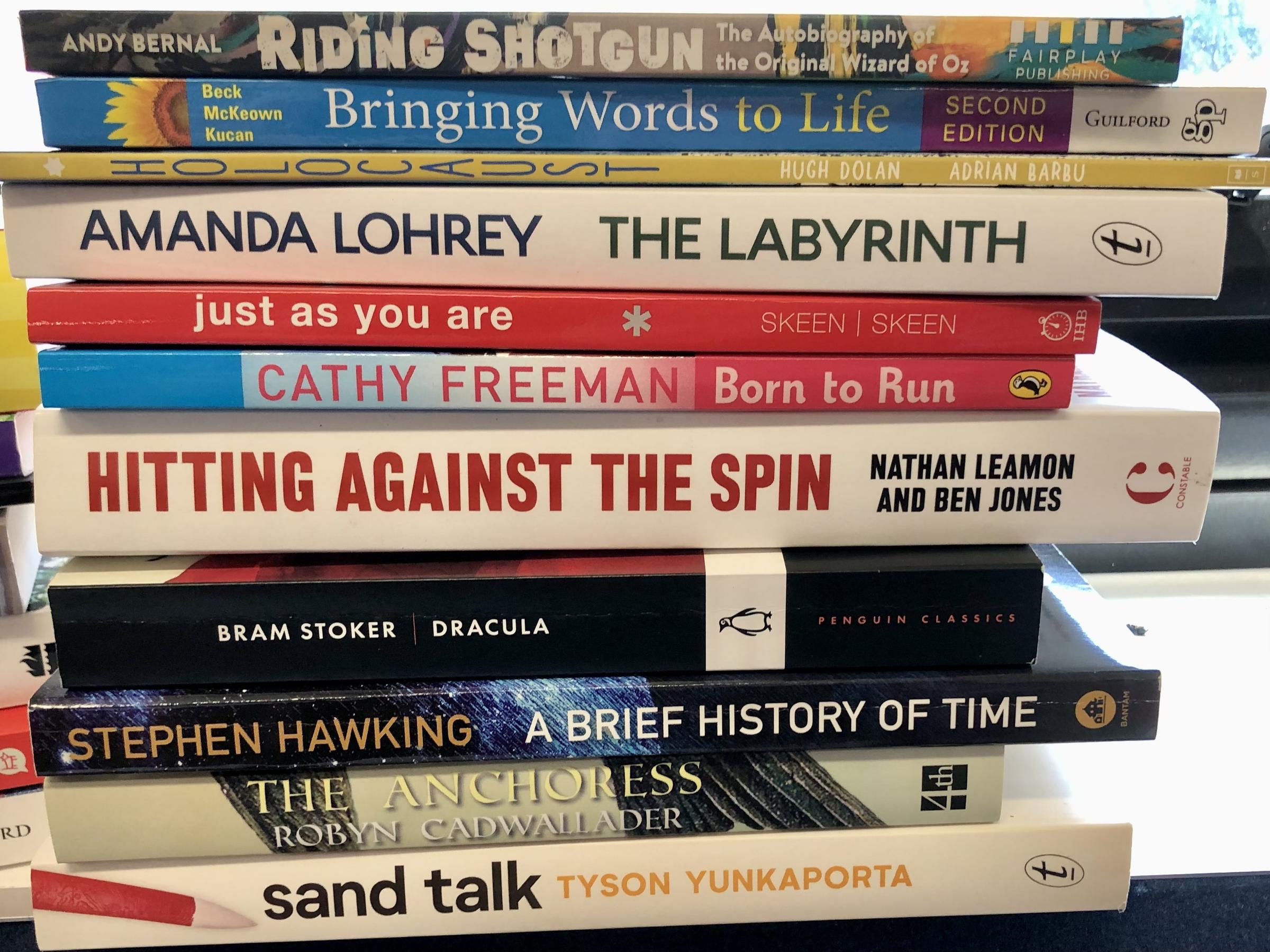
The Library is Open!
With our Stage 2 building complete we welcomed students and staff to cross that magic threshold into our new library, a place to cultivate our love for the written word, and a place of big ideas to help move the Beaumaris Secondary story forward.
Our library, a work-in-progress, is awakening in stages from a brand-new empty space to a space where recently installed shelves look to the weight of a myriad of new books as they are processed and catalogued ready for students to borrow.
As the doors of the new library opened for the first time our photography students were delighted to find their subject.
Welcome to our library.
Niamh McPhelimy
Library Manager
CBCA Book of the Year
The Children’s Book Council of Australia (CBCA) has announced its list of Notable Books for 2022. Students will soon see many of these books on the shelves of our new library.
Student ID Cards
A reminder to all students that your Compass Student ID card is also your library card. Please bring your student ID card to the library when you would like to borrow.
Return Box
Please return your books to the RETURN box in the library. Thank you!
2022 Premiers' Reading Challenge
Get inspired and come and join the reading challenge! With 18 students already signed up, we welcome any students who would still like to join us. Students have joined a Team and are already starting to share what they're reading. Come along and join us in the library next Wednesday to chat about all things books! Aimee Shattock and Niamh McPhelimy will be there to answer any questions.
Book Reviews
Currently, I'm reading The Romanovs: 1613 - 1918, by Simon Sebag Montefiore. It's a biography of the twenty Tsars and Tsarinas that were members of the House of Romanov and details their autocratic rule with all the drama and action you would expect from something like 'Game of Thrones'. It's written in relatively casual language, making it surprisingly accessible, despite the size. It's an excellent book for learning about Imperial Russia, and enjoyable as well.
Reviewed by William S (Year 11)
Toni Morrison’s ‘Jazz’ is as mysterious and tragic as it is colourful and hopeful.
From the opening pages onwards, the quiet narrator is a real observer of people and places and gives a romantic sentience to 1920’s Harlem, New York. It is a profound experiment which explores the effect of material surroundings on human nature. ‘I’m crazy about this city. Daylight slants like a razor cutting the buildings in half. In the top half I see looking faces and it’s not easy to tell which are people, and which the work of stonemasons.’ As we look at Melbourne post-COVID, I find it really interesting to examine cities and the distinctive features of those who live in them; why and how they are different. I think this is why I keep re-reading this novel, aiming to make my home feel like home again within this unpredictable landscape.
The plot of the story is somewhat revealed to us from the beginning. A dramatic explosion of passion and fury ruins the lives of a middle-aged couple. However, as we learn how these characters got to this stage, and what happened thereafter, we swing like jazz music does, unpredictably and non-chronologically, but with sense of order and satisfaction.
The concept of race backdrops the events that take place, and when it is revealed the couple’s history goes back to deep-South roots, we are exposed to a family-line rich with interesting people whose dynamics together support the elements of the story painted by Morrison.
Additionally, there is a strong feminist lens to be found, as Morrison slowly reveals to the reader who is really at fault amidst conflict and accusations, tearing apart our internalised victim-blaming, and replacing it with a more critical outlook, forcing us to re-examine how we treat conflicts and people, especially women.
Overall, ‘Jazz’ is smooth, cunning, and enlightening, and impossibly layered with interesting characters, ideas, and symbols. It is as relevant today, as it was when it was written.
Reviewed by Ted M (Year 11)
In 1901, the word bondmaid was discovered missing from the Oxford English Dictionary. This is the story of the girl who stole it.
Motherless and curious, Esme spends her childhood in the Scriptorium, a garden shed in Oxford where her father and a team of lexicographers are gathering words for the very first Oxford English Dictionary.
Esme’s place is beneath the sorting table, unseen and unheard. One day, she sees a slip containing the word bondmaid flutter to the floor unclaimed. Esme seizes the word and hides it in an old wooden trunk that belongs to her friend, Lizzie. Esme begins to collect other words from the Scriptorium that are discarded, helping her to make sense of the world.
Over time, Esme realises that some words are considered more important than others, and that words and meanings relating to women’s experiences often go unrecorded. She begins to collect words for another dictionary: The Dictionary of Lost Words.
This debut novel is a celebration of words, and the power of language to shape our experience of the world.
Niamh McPhelimy
Library Manager


